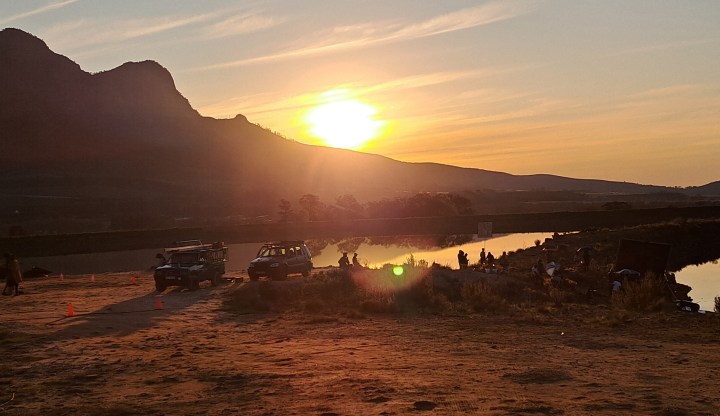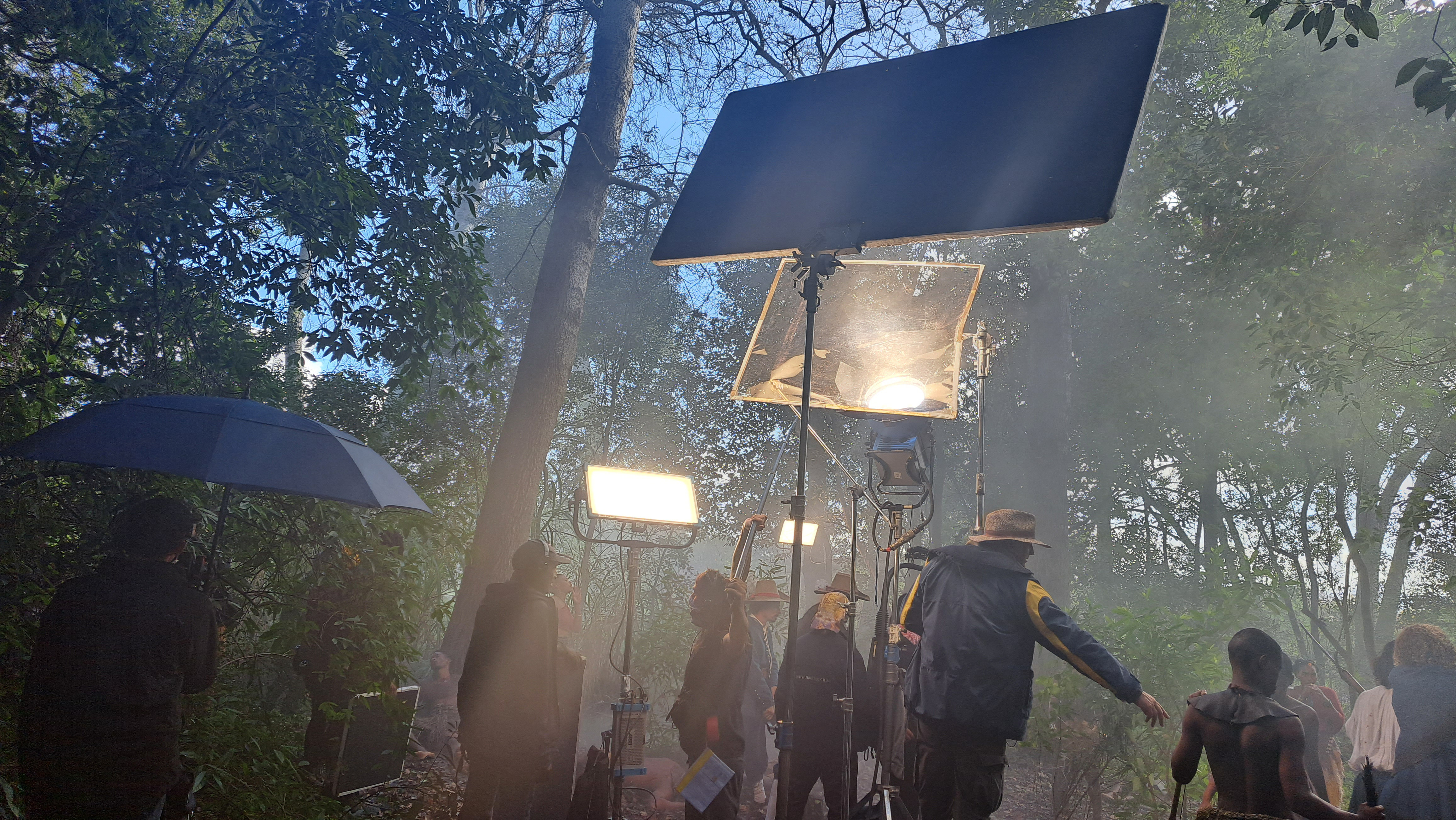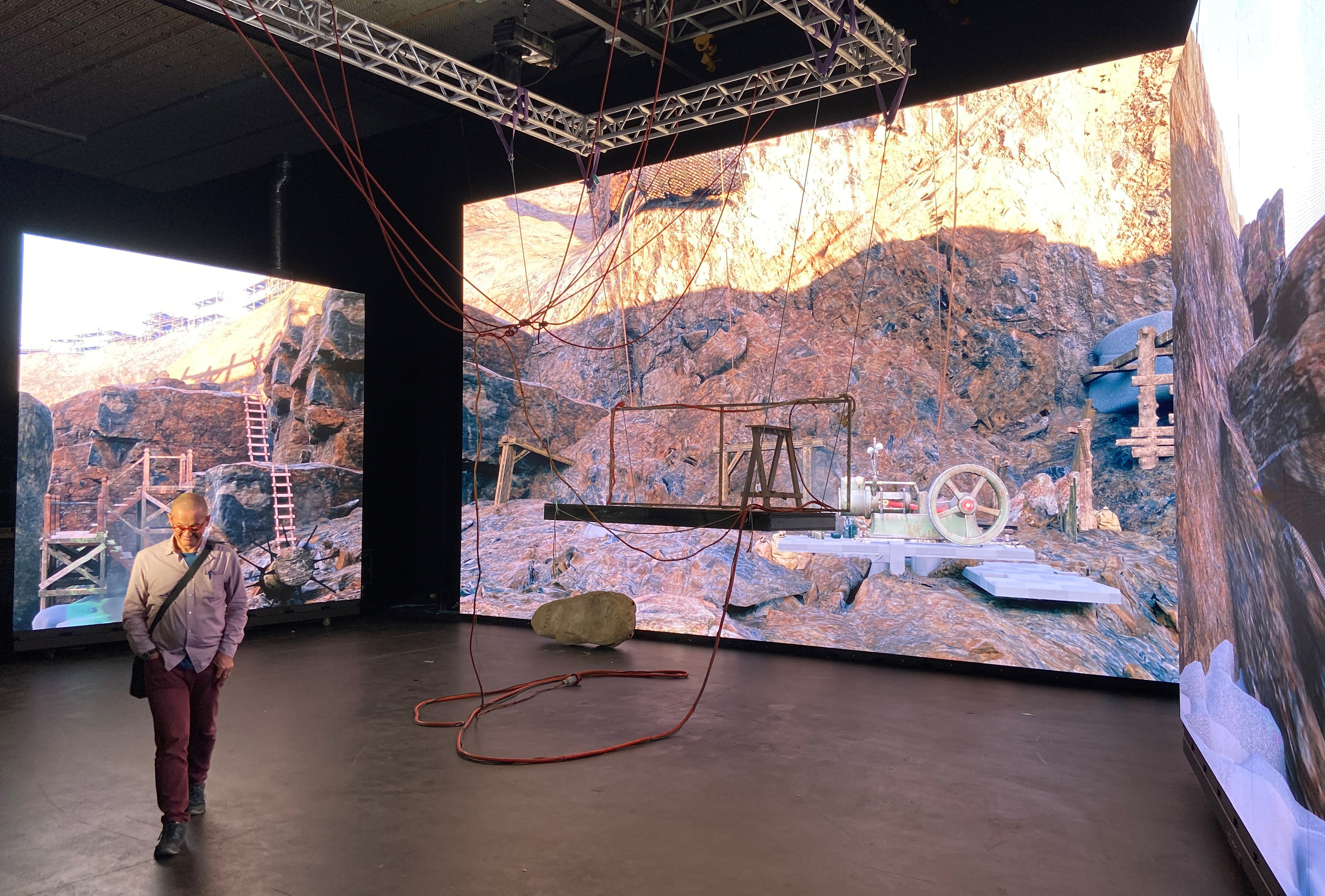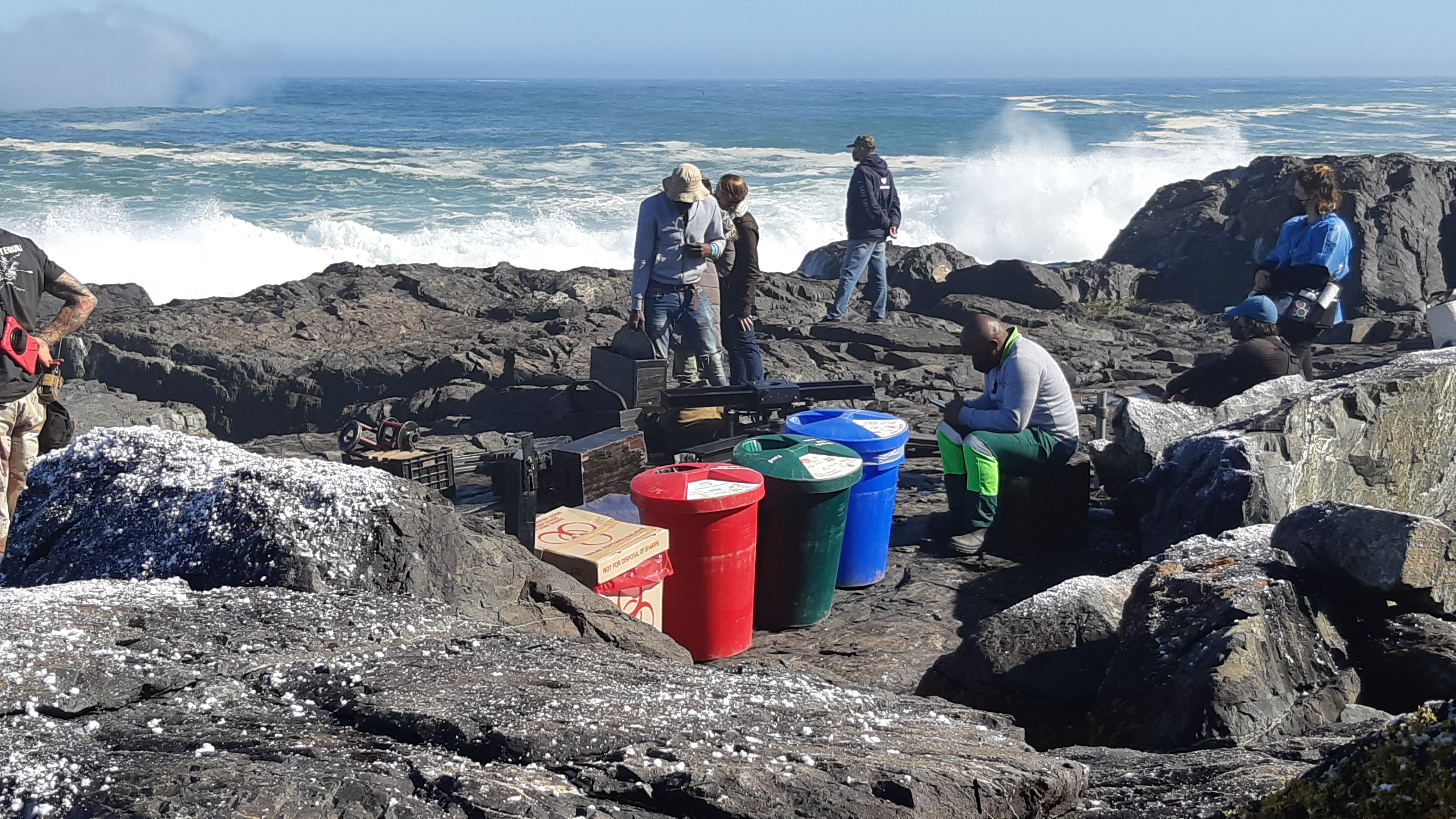MOVIE MAKING OP-ED
The government is making it difficult to keep film industry cameras rolling

The local film and television industry has remained relatively resilient despite the current political and economic turbulence. The government’s lack of clarity and direction, however, is taking a toll.
The production of TV commercials in South Africa has remained fairly consistent year in and year out. Last year saw nearly 400 local and foreign commercials shot in South Africa. Following an annual survey of its 53 members, the Commercial Production Association (CPA) conservatively estimates a turnover of R3-billion ($152-million) in 2022, comprising both local and foreign shoots.
This success was not achieved without constant hard work from its stakeholders who lobby the government. Bobby Amm, who heads the CPA, says her list of tasks includes “advising the government on what not to do and how not to chase international clients away”.
For example, back in 2014 a new visa rule suddenly required foreigners to obtain a work permit before flying to SA, with a waiting period inconsistent with industry exigencies. This risked a quick dearth in foreign productions, especially with commercial and still shoots, since these usually have only a few weeks to prepare.

A film set in South Africa. (Photo: Shaun Mhlakaza)
The visa crisis compelled the CPA, the South African Association of Stills Producers and the National Association of Model Agencies to mobilise the industry to engage the Department of Home Affairs, which culminated in a partnership with the department and the establishment of Film Industry Visa Assistance (Fiva). Fiva is now an important cog in the production wheel for both short and long-form shoots, having last year processed some 10,000 letters to facilitate the entry of foreigners on shoots.
While the country battles its current political and economic turbulence, its usually resilient film industry will not emerge totally unscathed. Long-form productions from overseas are beginning to slow down.
Rebate scheme
The country’s rebate scheme has almost collapsed. It is supposed to give back nearly 30% of local expenditure (and up to 50% for qualified local productions), but the stark reality is it is no longer “bankable”, meaning it can no longer be part of any finance plan. One leading service provider claims it is still worth the application “even if it takes three years to see the money”.
Read more in Daily Maverick: DTIC blamed as rocky times hit South African film industry
Another long-established service provider gave up on applying for the rebate because the Department of Trade, Industry and Competition (DTIC) is “constantly questioning whether our black shareholder is a real investor”. This service provider claims the DTIC staff are allowed to rely on their subjective opinions rather freely. They are apparently also free to choose whether to answer the phone and when to reply to emails.
The film rebate requires 20% to 30% of qualifying spend to be allocated to approved companies with a majority black ownership. Experienced producers are setting their targets at 35% to avoid any disputes. Some see such BEE policies as not dissimilar to the “diversity” goals being adopted by Western nations. Obviously there is the significant difference that SA actually sets quotas for employees and business shareholding.
Jahmil XT Qubeka is an award-winning black filmmaker and the deputy chairman of the Independent Producers Organisation (IPO), which consists of a diverse body of local producers and production service companies. He considers one of the IPO’s crucial roles as having ears on the ground to “hear the rumbles” of what the government intends to do, so that it can then advise before it is too late. “If we don’t make noise we are not on the agenda,” Qubeka laments. “We have the responsibility to lobby.”

Apple used the continent’s first LED volume screen for ‘Invasion’. The studio was built by SFX wizard Paul Kalil within two months. (Photo: PCP)
He thinks South Africa’s biggest problem is the lack of clarity and direction. He cites the country’s stance and policy with regard to the Russian-Ukrainian war. “The current status has hindered us all,” Qubeka claims. “The lack of direction has harmed us more than holding a divisive direction.”
Lack of clarity and direction has similarly been highlighted by leading service producers when discussing the administration of the cash rebate. For more than a year, the DTIC kept mum about the fact that it had run out of money and only admitted it once it was cornered.
Qubeka is one of the producers who decided to take the DTIC to court for failure to deliver on the rebate. He claims there is generally a huge gap between administrators who make decisions and IPO’s members on the ground who are affected by those decisions and who are economically moving SA forward.
He thinks another problem is that the film economic sector has had too many changing ministers, and it is a “bubblegum-ministry effect of not really understanding the people on the ground”. Qubeka is convinced the best way forward is to educate the government on how the film industry works through workshops, bridging the huge gaps through engagement. “Fortunately (when lobbying with the government), we are not dealing with a shut door,” he emphasises. But, he quips, “we are dealing with an ignorant one”.
The latest controversy is proposed bills for amending copyright and performers’ protection laws, whereby everyone in front of the camera would receive royalty payments. Netflix says it is concerned that “some of the proposals could have unintended consequences on the audiovisual sector”.
Production value
Despite all the challenges, South Africa remains a very attractive place to film in terms of production value. Last year the country hosted such productions as Netflix’s Panda, Apple TV’s Kanji, HBO’s Warrior and other shows from BBC, Sony, Nutopia and independents. While the collapse of the rebate has crippled many local independent producers, the weak rand has helped foreign producers turn a blind eye. The volatile currency has weakened against the dollar by more than 30% in the past two years.
In the past, private investors played an integral part in the growth of the industry. For example, a decade ago when Starz TV looked at Cape Town to analyse the feasibility of shooting the series Black Sails, local investors quickly came together to help Starz build a massive water tank and an artificial beach 40km inland. This led to invaluable opportunities for both the economy and skills development when the series was extended over several years.

Greenset, a nonprofit organisation, was set up two years ago to ensure the South African film industry gets in line with the global sustainability requirements of Hollywood studios. (Photo: Paul Kalil)
Also worth noting is the determination of South Africans to be at the forefront of global trends. When sustainability and green policies in film started to become a thing overseas, South Africa was quick to set up its own organisation called Greenset. It quickly became an entirely new department in film. It is now the country’s flagship organisation for sustainability in production, and HBO, Netflix and other production houses are proudly using it as an example for other shoots outside South Africa.
The determination of South Africans can also be seen when Apple inquired two years ago about an LED volume screen in Cape Town for its production Invasion.
A new consortium of local investors quickly came together to build in Cape Town the first LED studio on the African continent.
But in the background of all this positive development is a country still struggling with deep poverty and inequality. With minimal optimism, the country will live up to its reputation as a rainbow nation that unites itself across all races, cultures and ethnicities in order to turn the country in the right direction. DM
DTIC was asked to respond by Friday 9 June to the issues raised in this article. We shall update the article if and when a response is received.
Malcolm Scerri-Ferrante is a producer who has worked in the film and advertising industry for the past three decades.


















 Become an Insider
Become an Insider
Fundamentally a great story with lots of hope and pride. And then one must also shake one’s head at the shear bloody mindedness of government, putting is nicely.
They just can’t just get the hell out of the way.
Well done to the film and video industry for its innovation, entrepreneurship and energy, and lest we forget private sector financial risk taking to contribute so much to South Africa. Many productions made here show case South Africa and promote tourism. So hat’s off.
The film and video industry in but one case study that demonstrate the best role of Government is to get out of the way. Government should listen and enable industry, not interfere. The failure to deliver the undertakings in the rebate scheme is little short of scandalous. Effectively financial undertakings made by the ANC Government not met. It leaves a sour taste in the mouth and creates an environment of distrust with film industry funders and investors. This is a serious mistake set to damage the industry and cost jobs, and constrain future investment. Film makers have plenty of choices to make movies elsewhere, as I am sure they are doing whilst SA burns in another bureaucratic mess.
As brilliantly as the industry has done, one cannot measure how much better we would have done if the ANC Government had performed, and there had been a total alignment of all role players. How many more more jobs would have been created, how many more South Africans empowered to feed their families. At present we succeed despite the ANC Government not because of it!